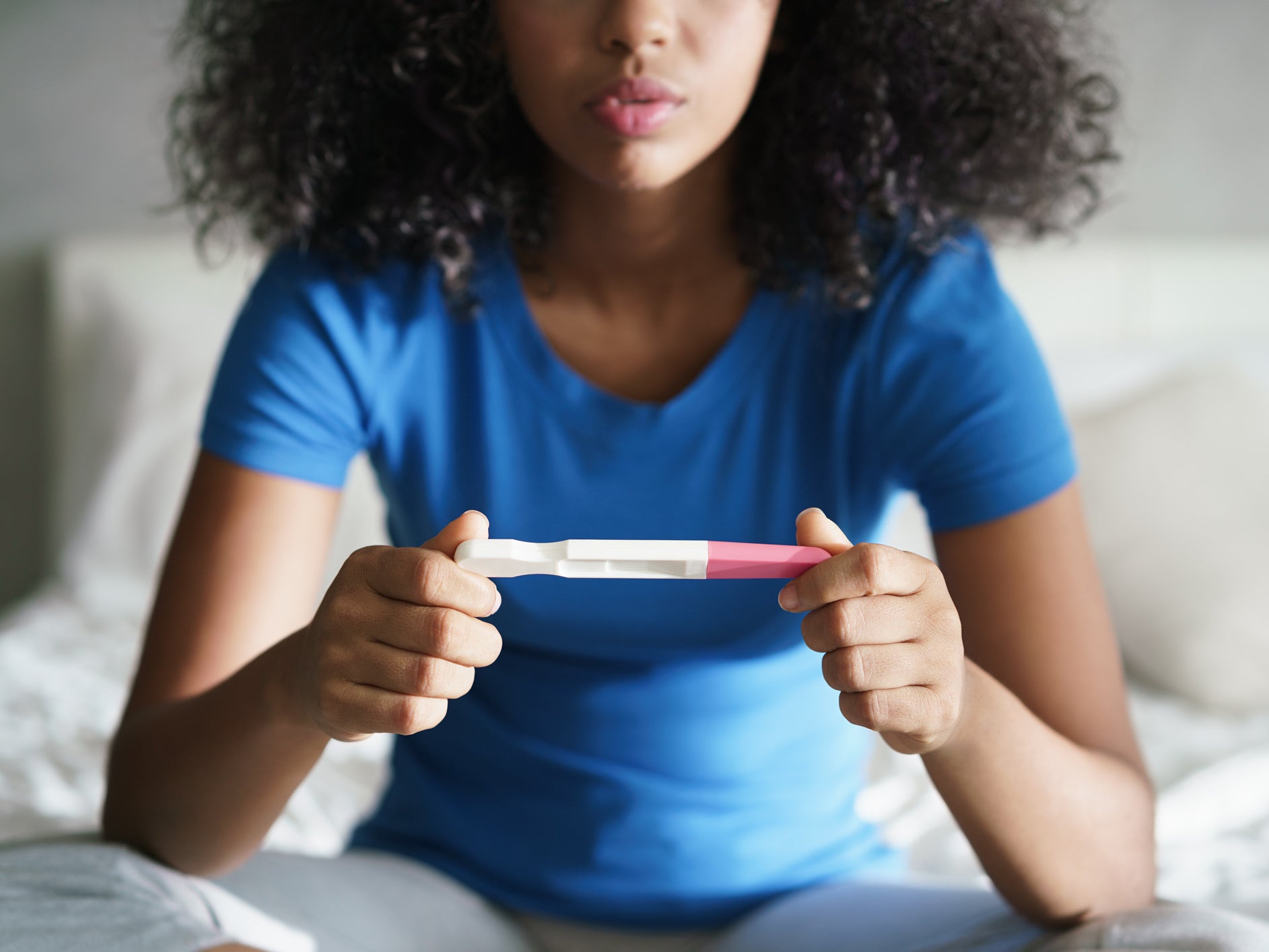IVF success rate has peaked at one in four, researchers claim
'Success rates have stabilised although outcome in egg donation and with use of frozen embryos is still moving upwards'

Your support helps us to tell the story
From reproductive rights to climate change to Big Tech, The Independent is on the ground when the story is developing. Whether it's investigating the financials of Elon Musk's pro-Trump PAC or producing our latest documentary, 'The A Word', which shines a light on the American women fighting for reproductive rights, we know how important it is to parse out the facts from the messaging.
At such a critical moment in US history, we need reporters on the ground. Your donation allows us to keep sending journalists to speak to both sides of the story.
The Independent is trusted by Americans across the entire political spectrum. And unlike many other quality news outlets, we choose not to lock Americans out of our reporting and analysis with paywalls. We believe quality journalism should be available to everyone, paid for by those who can afford it.
Your support makes all the difference.The success rate for women undergoing in vitro fertilisation (IVF) treatment has peaked at one in four, a new study has found.
According to new research, those who undergo IVF have a 27.1 per cent possibility of the procedure resulting in pregnancy.
Meanwhile, those who undergo a similar procedure called intracytoplasmic sperm injection (ICSI) have a 24.3 per cent chance of conceiving.
During the procedure of IVF, an egg is taken from a woman's ovaries and fertilised with a sperm in a laboratory. The fertilised egg is then reinserted into the woman's womb.
ICSI is the most common treatment used in cases of male infertility, the Human Fertilisation and Embryology Authority (HFEA) states.
The new findings were presented at the annual European Society of Human Reproduction and Embryology (ESHRE) meeting in Vienna this week.
The researchers assessed 800,000 IVF and ICSI treatment cycles performed in 2016, which resulted in the birth of 165,000 babies.
The study represents the largest insight into the success rates of assisted reproduction in Europe.
Dr Christian de Geyter, chair of the ESHRE's European IVF Monitoring Consortium, said that the success rates for IVF and ICSI "appear to have reached a peak".
"Success rates have stabilised although outcome in egg donation and with use of frozen embryos is still moving upwards," Dr de Geyter said.
While the success rates of IVF and ICSI treatments appear to have plateaued, popularity in the treatments which incorporate frozen embryos is on the rise, Dr de Geyter pointed out.
"The biggest upwards movement, however, is from treatments with frozen eggs, which have been revolutionised by the widespread introduction of vitrification," Dr de Geyter said.
Vitrification is a form of technology which involves the freezing of an egg or embryo by cooling it at a rapid pace.
Frozen embryos are fertilised eggs which are stored until a later time, when they are then inserted into the womb during a fertility treatment.
Dr de Geyter tells The Independent that he believes the peaking success rate of IVF and ICSI has been caused by a decrease in fresh embryo transfers and an increase in frozen embryo transfers.
Approximately half of the cases assessed by ESHRE consist of frozen embryo transfers.
Fertility treatments which feature frozen embryo transfers were found to have a 30.5 per cent success rate, an increase of 1.3 per cent from the year prior.
According to Dr de Geyter, 84 per cent of all assisted reproduction fertility treatments which take place in Europe are included in the ESHRE monitoring programme.
The UK – where approximately 60,000 assisted reproduction fertility treatments take place on an annual basis – was not included in the study analysing data from 2016.
The ESHRE reported that Spain was the most active country for assisted reproduction fertility treatments, with 140,909 performed in 2016.
Meanwhile, 121,235 treatments took place in Russia and 104,733 in France.
A recent study published by the University of Copenhagen found women above the age of 40 who undergo IVF may be at greater risk of breast cancer.
The researchers assessed 600,000 Danish women, including 58,534 who underwent fertility treatment, for the study.
Join our commenting forum
Join thought-provoking conversations, follow other Independent readers and see their replies
Comments